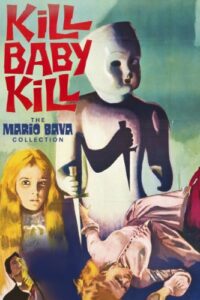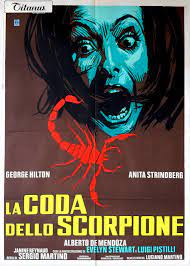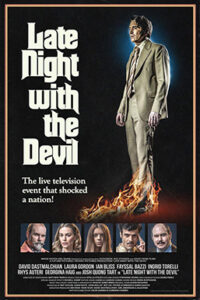.
As I write this people across the internets are celebrating the 45th anniversary of the release of Alien, a science-fiction horror film that spawned sequel after sequel and nearly countless knockoffs and imitations.
In my appraisal there are only two Alien films of quality, Alien and Aliens. James Cameron wisely decided when he wrote and directed the sequel to the original film that his was not to be horror but action/adventure with only tone of horror. With the conclusion of Aliens Ripley’s story came to an organic and satisfying end. Healed from her traumatic encounter with the Zeta Reticulian parasite and with a new composite family there should have been no more to tell for this woman.
Naturally the studios screwed that up and insulted the audience along the way.
With the next film, Alien3, a production that had a hard release date before it has even a story treatment much less a script, after abandoning such vaunted SF concepts such as wooden space stations crew by technophobic monks, the producers opened the story by killing Ripley’s new family.
The producers considered the audience suckers for investing any emotional energy or commitment to these characters. The lesson is quite clear. Nothing you care about matters. No victory is lasting, all happiness is fleeting, we bring you only despair. Is it really surprising that this production is the one that introduced sexual assault to the franchise?
The proper course after Aliens would have been to craft new stories about new characters. The bold and correct choice would have been to even abandon the parasite as the central threat. Horror repeated becomes adventure and further repeated become dull. This is of course not what the studio did, instead, reviving poor Ripley from her demise and adding scores of parasites in a futile attempt to create a sense of danger and dread where only lame action now existed.
Two ‘prequel’ movies have been produced, a pair of Alien vs Predator movies have squeezed a little more cash from the concept and this year, yet another movie will be released but everything after Aliens has been crap.
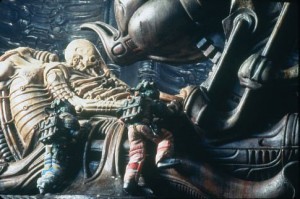

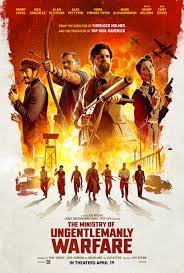
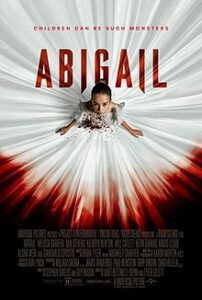
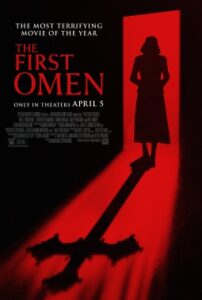
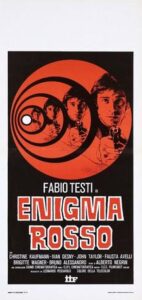 .
.
